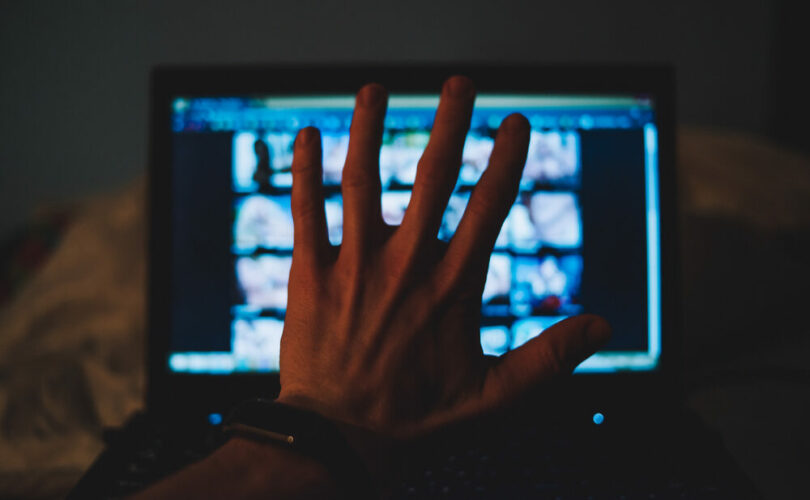(LifeSiteNews) – On January 11, the BBC announced that the U.K. government is inviting the public, porn industry workers, and law enforcement to fill out a questionnaire on the impact of pornography. The review, according to the government, has six key objectives, and among them are assessing “the impact on viewer’s attitudes to violence against women and girls.” Predictably, the porn industry – which has been pumping poisonous content into the minds of young people for a generation or more – has immediately sounded the alarm about “censorship.”
I’m not sure how a questionnaire aimed at the public will assist in further determining what we already know – that pornography grooms users to accept sexual violence as acceptable and desirable. Indeed, major British publications have been noting the real-world effects of pornography for several years now. Consider a report from The European Conservative that came out just this week:
Children with easy access to pornography and artificial intelligence (AI) technologies on smartphones account for rising numbers of abuse offences against other children. They now commit just over half of these reported offences, according to new figures. Data from 42 police forces in England and Wales show that 106,984 offences were reported in 2022, up by 7.6% on 2021 and more than five times higher than the 20,000 reported in 2013. A child aged 10 to 17 was involved as suspect or perpetrator in 52% of these cases, up from around 33% in 2013.
Officials appear fairly certain about the various drivers of this rise, but are less sure – and, in some cases, are unwilling to talk – about how to respond. One significant factor is AI, which some school pupils use to create indecent images of their classmates. As deployed by adult perpetrators this process was investigated by The Daily Telegraph, which pointed to the use of the technology by paedophiles – in particular, ‘nudification’ techniques which edit original photographs to make the people in them appear naked.
In fact, Ian Critchley QPM, National Police Lead for Child Protection, said explicitly that child-on-child sexual assault ‘is being exacerbated by the accessibility to violent pornography… and, therefore, a perception that it is normalised behaviour’ and observed that ‘clearly the accessibility to smartphones has just rocketed not just in relation to 11 to 16 year olds, but in relation to under-10s as well, that accessibility has really exacerbated that and I think this is a debate that does need to be had in our society.’
Indeed, a 2019 study from the Archives of Sexual Behavior found that teenage boys exposed to violent pornography are two to three times more likely to victimize girls. Dame Rachel de Souza, Children’s Commissioner of England, recently warned that porn-inspired sexual violence is on the rise even among children. “I will never forget the girl who told me about her first kiss with her boyfriend, aged 12, who strangled her,” de Souza reported. “He had seen it in pornography and thought it was normal.”
He wasn’t wrong – a new U.K. report indicates that “nearly half of all girls aged 16 to 21 say they’ve had a partner expect sex to involve physical aggression such as slapping and choking.” The normalization of sexual violence is the culture-wide consequence of men and boys imagining themselves as the aggressor in millions upon millions of porn scenes. A British study found that 44 percent of boys between the ages of 11 and 16 who viewed pornography said that porn gave the ideas about sex acts they wanted to try.
As the badly-needed discussion on the impact of pornography on our society finally gets underway, many conservatives are justly concerned that laws targeting porn may be used to implement censorship. I am not a libertarian, but I understand where these fears come from. But I would gently suggest that if we fail to properly address the unprecedented threat of digital pornography and the consequent destruction of human relationships, some day soon, we may not have much of a society left.





